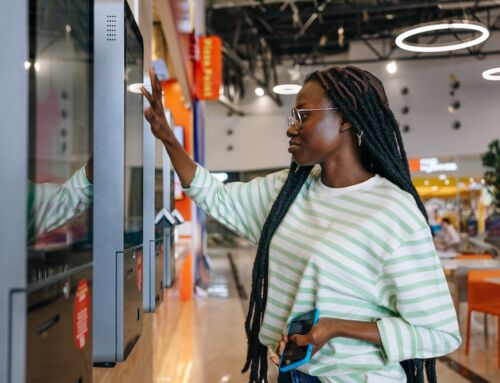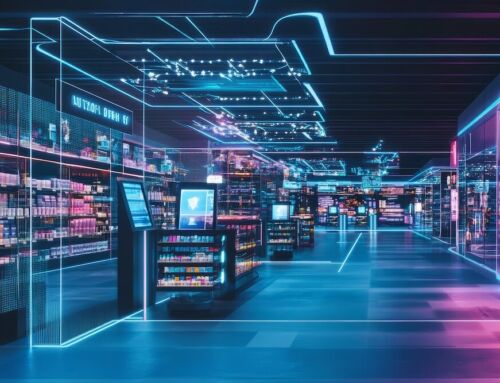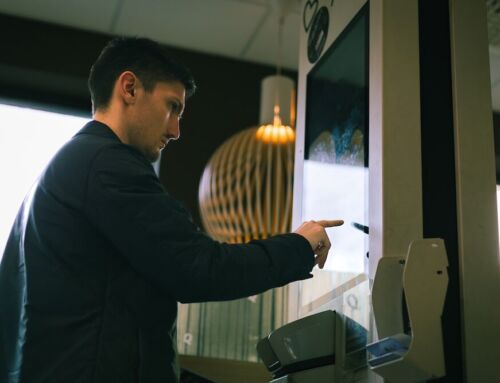In the hotel industry, the quality of the guest experience has long been closely associated with the quality of service provided by staff. We see that summed up in the word ‘concierge’, which in its modern usage is synonymous with the world of luxury hotels and attentive front-of-house staff who not only greet guests but go out of their way to make sure their every whim is satisfied.
However, according to one survey carried out in 2022, nearly three-quarters of the participants said they would be more likely to choose an accommodation option if it advertised self-service facilities that minimised contact with staff. Just as the retail sector has had to recalibrate itself around the realisation that a lot of people genuinely dislike being approached by sales staff, and would rather go through checkout without having to engage with an actual human being, hoteliers are having to accommodate a new truth. Some guests just want to be left alone.
It would be wrong, of course, to suggest that every hotel should aspire to become a multi-room AirBnB devoid of any human touch. Skilled and knowledgeable personnel go a long way to creating the hotel experience that guests value, particularly in contrast to holiday rentals.
Still, that’s far from saying that self-service doesn’t have a role to play in defining the hotel experiences of the future. Indeed, kiosks are already a familiar sight in many establishments, especially in reception areas. Kiosks and digital keys provide a smooth, efficient, convenient self-check-in (and out) experience which provides a 24-hour service without the need to staff reception desks around the clock.
But this only scratches the surface of what self-service kiosks are capable of, and what they can contribute to the guest experience. So how might we see the use of self-service technology evolve in the hotel industry?
Smart service
The agility of self-service technology means it is more than capable of handling the full end-to-end guest experience. From check-in and room allocation, it’s a small step to purpose kiosks so they can also help guests with wayfinding around large establishments, reserving tables in restaurants, booking excursions, making payments etc.
But arguably the most exciting opportunity for self-service in the hotel sector comes with the intersection of so-called ‘smart room’ technology. If you’re familiar with smart home systems like Google Nest and Samsung SmartThings, then you will get the basic premise of a smart room. It’s about making in-room amenities, from temperature control to lighting to entertainment systems, responsive and easy to control, through a combination of automation and guest-centred interfaces.
This is partly to do with personalisation, and partly with putting guests in charge of their own experience (and in truth the two go hand in glove). When you connect in-room smart amenities to self-service options around the rest of the hotel, you start to see how self-service can become an end-to-end option. The device formats might be different – larger kiosks in reception and lobby areas for ease of use, smaller tablet-sized control panels in rooms to avoid clutter – but there’s no reason not to make exactly the same options available across all of them, so guests can shape their stay as they want, when they want.
Perhaps uniquely across industries, the potential use cases for self-service technology in hotels covers all three of its major application areas – service and transactions, information and access control/identification. This means the sky is the limit in terms of just how far kiosks can help to shape the future of guest experiences.
Contact our team of self-service specialists today and start the conversation on how kiosks can make a difference to your guests.




